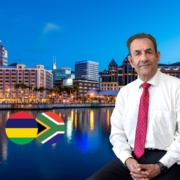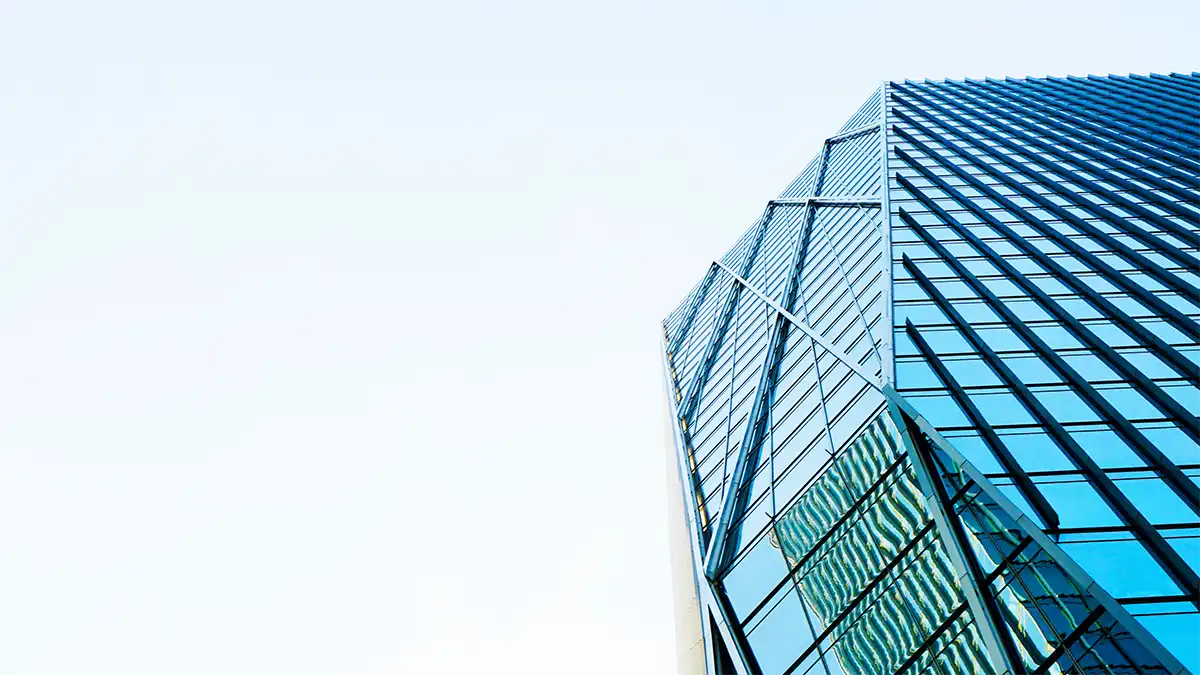Why Mauritius Is a Smart Choice for South African Investors and HNWIs
South Africans have long been drawn to Mauritius—not just as a holiday destination, but increasingly as a place to invest, live, retire, and do business. With its safe environment, investor-friendly tax regime, and growing international recognition as a hub for financial services and innovation, Mauritius offers a compelling alternative for individuals and businesses looking to expand their horizons.
While South Africa grapples with economic uncertainty, rising crime, political instability, and tax fatigue, Mauritius has quietly and confidently positioned itself as a well-regulated, business-friendly jurisdiction just four hours away. This article, structured as a FAQ, answers the most commonly asked questions South African residents and businesses have when researching Mauritius.
Frequently Asked Questions (FAQ)
1. Why are more South Africans choosing Mauritius to invest and live?
Mauritius offers:
- Security & Political Stability – Ranked as one of the safest countries in Africa, Mauritius has no history of internal conflict, with low crime rates and a peaceful multicultural society.
- Simple and Attractive Tax Regime – No capital gains tax, no inheritance tax, no wealth tax, a competitive corporate tax rate of 3% for international trading (export of goods activity) or otherwise a flat corporate tax rate of up to 15%, a partial tax exemption mechanism for specified types of income, and individual tax rates graduating from 0% to a maximum of 20%.
- High Quality of Life – Clean, safe, and scenic, Mauritius offers excellent infrastructure, schools, healthcare, and lifestyle—without the stress of daily security concerns.
- Residency Options – Multiple accessible residency schemes exist, whether for retirees, investors, real estate buyers, or professionals.
2. How does Mauritius compare to South Africa in terms of taxation?
Here’s a straightforward comparison:
| Type of Tax | Mauritius | South Africa |
| Individual Income Tax | up to 20% | Up to 45% |
| Capital Gains Tax | None | Up to 18% |
| Dividend Tax | None | 20% |
| Estate Duty | None | Up to 25% |
| Corporate Tax | 15% (can be as low as 3%) | 27% |
Mauritius also offers tax residency planning, family office regimes, and exemptions for certain global licence holders, including Freeport operators and investment managers.
3. Is Mauritius safe for my family and business?
Yes. Mauritius is consistently rated among the safest countries in Africa. There are:
- No active political tensions
- No internal ethnic or religious conflict
- A robust legal system modelled partly on French civil law but mostly on English common law
- Ultimate Court of Appeal is the UK Privy Council
- Strong protection for property rights and foreign investment
4. What does the international community say about Mauritius?
- World Bank: Describes Mauritius as a “beacon of success for Sub-Saharan Africa,” praising its consistent economic growth.
- OECD & IMF: Recognise Mauritius for its strong governance, transparency, and anti-money laundering frameworks.
- UN Human Development Index: Mauritius ranks 2nd in Africa, just behind Seychelles, thanks to strong education, healthcare, and income indicators.
- Global Innovation Index 2024 (Cornell University, INSEAD, World Intellectual Property Organisation): 1st in Sub-Saharan Africa | 55 out of 133 countries
- Economic Freedom of the World 2024 Annual Report (Fraser Institute): 1st in Africa | 17th Globally (out of 165 countries)
5. Can I relocate to Mauritius with my family?
Absolutely. Mauritius offers multiple pathways to residency, including:
- Retired Non-Citizen Permit (age 50+, min. monthly income USD 1,500)
- Occupation Permits for professionals and self-employed individuals
- Investor Permits (minimum USD 50,000 investment in a qualifying business)
- Premium Visa (up to 1 year, renewable) for remote work or exploratory stays
- Residency by Property Investment (min. USD 375,000 in approved real estate)
Mauritius also provides international schooling options, English and French-speaking institutions, and high-quality private healthcare.
6. How easy is it to set up a business in Mauritius?
Mauritius is one of Africa’s most business-friendly jurisdictions. Here’s why:
- Ease of Doing Business: Ranked highly by the World Bank for ease of starting a business.
- Modern Infrastructure: Digital government services, reliable 5G internet, and a well-connected banking system.
- Global Business Corporations (GBCs) – These allow South Africans to:
- Hold and manage international investments
- Own intellectual property
- Trade globally
- Operate from a tax-efficient, fully compliant structure
- Freeport Licence: Now available for GBCs, allowing import/export businesses to benefit from 0% tax on export income.
7. Can I move my existing South African structure or trust to Mauritius?
Yes. Mauritius offers a robust and internationally compliant trust regime, with options for:
- Discretionary and non-discretionary trusts for investment holding or asset protection
- Foundations as an alternative for clients concerned with control and succession planning
It is possible to:
- Redomicile companies
- Consolidate international assets
- Transfer or replicate trust structures under Mauritius law with appropriate guidance
8. What sectors are South Africans investing in through Mauritius?
Mauritius is a platform for regional and international expansion. Sectors of interest include:
- Financial and investment holding structures
- Intellectual property and digital businesses
- Export trading
- Real estate investment
- Professional training & consulting
- Private equity, venture capital, and funds
9. What investment opportunities are available to South Africans in Mauritius?
Mauritius welcomes investment and embraces business. Doing international business from Mauritius enables you to leverage our unparalleled preferential market access to nearly 70% of the world’s population and benefit from a panoply of Free Trade Agreements to service 5.4 billion potential customers!
Investment opportunities in Mauritius include: Agro Industry | Blue Economy | Education | Financial Services | Freeport and Logistics | Healthcare & Pharma | ICT | Life Sciences | Creative Industry | Real Estate & Hospitality | Renewable Energy | Manufacturing | Sports Economy
10. Is Mauritius compliant with international standards?
Yes. Mauritius has:
- Implemented OECD-compliant substance rules
- Adopted Anti-Money Laundering / Counter Financing of Terrorism (AML/CFT) standards
- Is white-listed by the EU and FATF
- Adheres to Common Reporting Standards (CRS) and BEPS initiatives
This makes it a credible, transparent jurisdiction for international business.
11. What are the current trends among South African HNWIs and corporates?
- Establishing global investment vehicles in Mauritius to manage African and global portfolios
- Setting up family offices for succession and estate planning
- Relocating to Mauritius for lifestyle, security, and tax planning
- Using Mauritius entities to access tax treaties and reduce withholding tax leakage
- Partnering with Mauritius professionals for international expansion with full regulatory compliance
In Conclusion: Why Mauritius?
Mauritius offers South African entrepreneurs, HNWIs, and corporate investors a unique combination of:
- Safety and stability
- Tax efficiency and international credibility
- Ease of access and residency options
- Cultural familiarity and lifestyle benefits
Whether you’re planning to expand your business, secure your legacy, or enjoy a safer and higher-quality lifestyle, Mauritius provides the infrastructure, regulation, and support to make it happen—with expert guidance.
To learn more or get started with your Mauritius journey, contact us today. At GWMS Ltd, we specialise in cross-border structuring, relocation advisory, and wealth preservation strategies—especially tailored for South Africans with global ambitions.











